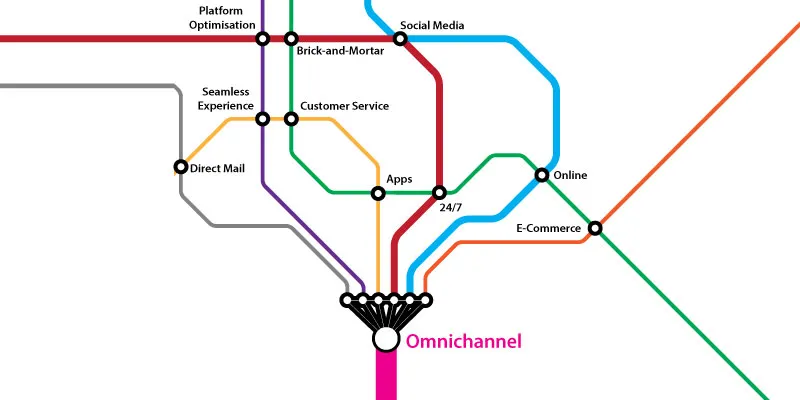From startup to scale-up: why you must build a customer-centric business
While technology and external funding may certainly affect growth prospects of a company, the core foundation has to be customer experience. From discovery to engagement to delight and referrals, companies need to have a clear view of their customers’ journeys.

YourStory organised two meetups for startups in New Delhi and Hyderabad recently, focusing on the challenges of customer relationship management in an increasingly real-time, socially-mediated world.
Research shows that companies that focus squarely on customer experience (CX) and employee engagement have better revenue growth and operating margins, explained KT Prasad, Country Sales Director, India, Zendesk (see also the review of the book Startup Land by Zendesk founder Mikkel Svane).
The top three trends driving the importance of CX are digital disruption, eroding customer loyalty, and high employee turnover. Customers take to social media in real-time to vent their frustration at a poor product or service experience, and the global nature of social media can rapidly amplify this dissatisfaction.
However, many companies treat CX only as a ‘damage control’ exercise during a crisis, and fail to realise that good CX is important at every single touch point of the consumer’s journey. One reason for this disconnect, according to Prasad, is the divergent views of companies and their customers.
Companies want customer loyalty, trust and referrals. Customers, however, want corporate transparency and responsiveness, and want self-empowerment as well. Startups at scale stage are well positioned to create compelling CX through a combination of strategy, process, people and technology, recommended Prasad.
Companies must lead with a good customer strategy: who is being targeted today, who will be the next customer segments, and what experience you will deliver in solving their problems. Case management and omni-channel engagement need to be addressed by effective processes, and technology helps with customer data management and analytics.

A number of touch-points have emerged for customer connects: call centres, physical offices, email, websites, web-chat, app messaging, and social media. Smartphones have amplified the real-time nature of such customer interactions. Across these channels, companies must evolve metrics to define customer activity and satisfaction, said Prasad.
Such issues acquire special prominence in India given the digital boom and a predominantly young population. India is set to become the world’s ‘youngest country’ with a working populace of average age 29 by year 2020, said Prasad. The young generation prefers digital contact channels, self-service, and immediate resolution of outstanding issues.
In a world of increasing commoditisation, it is superior CX that will differentiate winners from the rest of the pack, said Prasad. Tools for integrated communication across channels will improve CX online and in stores, and offer support in key areas at the right time.
Many startups in the audience shared their experience with scaling up their CX strategy and operations. In some sectors, customers want immediate responses to queries like shipment status (e-commerce). In others, consumers want to be able to talk to a human agent (banking and finance).
For activities like booking tickets online, webchat is effective in providing support and tips in real-time as the transaction is being completed. Online video (eg. YouTube) is an emerging trend, particularly with the rise of mobile broadband in India. Another trend to watch is the use of SnapChat.
Automation helps in many such cases, but care should be taken because it is tough for algorithms to detect human emotions like sarcasm, cautioned Prasad. A major Indian airline learned that the hard way when it mis-interpreted a dissatisfied customer’s Tweet as a compliment; the gaffe was documented widely across media.

A useful tool for startups to stay on top of CX shifts is the Consumer Trend Canvas. See also YourStory’s coverage of startups that have succeeded by staying on top of customer satisfaction. “For the consumer, the better experience always wins,” says Samar Singla, founder of Jugnoo.
“The holy trinity are the founder, the team, and the customer,” advises Sanjay Gupta, CMO, Urban Ladder. “Listen to the customer,” adds Aditi Gokhale, founder, All Things Organic.
In sum, CX is not an afterthought but an integral part of a startup’s rationale and future. Powerful tech platforms have emerged to deal with multi-channel CX, but these must be aligned with a company’s strategy and culture.









![[Startup Bharat] Y Combinator-backed BeWell Digital is enabling the digital transformation of radiologists](https://images.yourstory.com/cs/2/40d66ae0f37111eb854989d40ab39087/ImagesFrames31-1648033042143.png)

